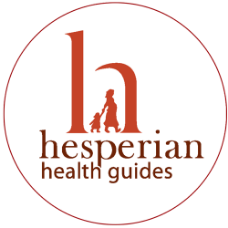
Helping Health Workers Learn
David Werner, Bill Bower | 2012$26.95
An indispensable resource for health educators, Helping Health Workers Learn shows how to make health education engaging and effective. This book encourages community involvement through participatory education and emphasizes a people-centered approach to care. Also available in Spanish.
“Health for all—health that is founded on human dignity, loving care, and fairer distribution of land, wealth, and power.”
— Helping Health Workers LearnFilled with illustrations, Helping Health Workers Learn includes teaching tips and techniques, strategies for producing low-cost teaching aids, activities for mothers and children, and advice on how to build on a community's traditions, experiences, and strengths.
Though designed for community health workers, the lessons are also valuable to health organizations and professionals interested in community engagement and empowerment.
View Sample Pages
Table of Contents (PDF)Chapter 7: Helping People Look at Their Customs and Beliefs (PDF)
Praise for Helping Health Workers Learn
"Hesperian materials are invaluable, particularly when working at the community level. Though Helen Keller Worldwide uses a number of Hesperian publications, I feel Helping Health Workers Learn and Where There Is No Doctor are absolutely essential for public health organizations working in countries with limited infrastructure. We at Helen Keller Worldwide feel a strong connection with the Hesperian approach of designing health education and intervention from the point of view of the recipient, thereby guaranteeing community involvement and program efficiency."— Chad MacArthur, MPH, MEd, Director of Training and Community Education, Helen Keller Worldwide
"The ‘health workers’ of the title are not doctors and nurses, but village health workers - laypeople with a special interest in and calling for working with health problems, laypeople who are natural helpers. But there is much in this volume for professional health workers to learn. Helping Health Workers Learn is one of the few books on health education that face up to this major problem: many health education programs increase layfolks' dependence on all-powerful professionals and undermine people's sense of their own abilities to take care of themselves. The authors clearly recognize that one of the biggest obstacles to self-responsibility in health is the unwillingness of professionals to let go of control."
— Tom Ferguson, MD, Self Care Archives


